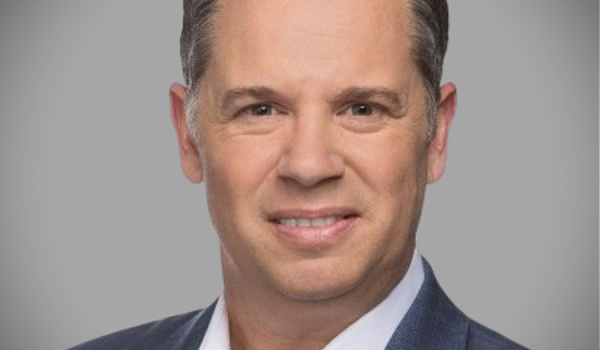By Matt Morris, EncoreEstate Plans
Research indicates that 93% of clients want help with estate planning – and yet only 22% of financial advisors provide estate planning services.
With myriad benefits to advisors – including building stronger client relationships, connecting with the next generation, and the possibility of bringing held-away assets under their purview – why do so many advisors avoid estate planning conversations with clients?
Often, we find advisors are skittish about being penalized for practicing estate law without a license. But it’s important to make a clear distinction between specific estate planning legal advice – which advisors should never provide – and general estate planning education, which they can certainly offer, just like they can provide guidance on beneficiary designations and gifting strategies.
And for most mass affluent clients, general education is sufficient enough to meet their straightforward estate planning needs.
Advisors don’t need to deliver legal estate planning advice to have important estate planning conversations with their clients. Educational estate planning elements can and should be included in the holistic financial planning process, helping to address the biggest problems with estate planning today.
The Current State of Estate Planning
Traditionally, clients have been forced to choose between expensive, time-consuming estate planning processes with an attorney, or DIY online services, which provide documents that are only as useful as the entries themselves, leaving clients susceptible to gaps and negative financial outcomes.
Both options are fraught with challenges that lead to inaction and procrastination:
- The intimidating experience of downloading a life story and exploring legacy values in a transactional relationship with a stranger, who tends to try to illustrate their value by increasing complexity.
- Having critical decisions then spread through a confusing 70-90+ page document that often goes unconsidered for years, resulting in out of date choices that create unnecessary chaos for heirs and loved ones.
- While DIY solutions appear cost effective on the front end, their output is only as good as the data entered. Clients often have little understanding of the documents they’re filling out and therefore little confidence that their wishes will be fulfilled. And with no human guidance, many Trust Based plans remain unfunded and wind up in a costly probate process.
What’s more, both options fail to pull the client’s full financial picture into the estate planning experience – something financial advisors are uniquely equipped to do.
Estate Planning and WealthTech
Modern WealthTech solutions empower financial advisors to bridge the significant gap in the estate planning process. These innovations enable advisors to provide a human-assisted estate planning experience that simplifies and streamlines the process – and can also be incorporated within an educational model for mass affluent clients that does not require providing legal advice.
By integrating estate planning into their service model, advisors can offer clients a more comprehensive financial planning experience that includes:
- Document Review and Summarization: WealthTech solutions can digitize existing estate plans, transforming complex legal documents into easy-to-understand visual formats.
- Ongoing Updates and Maintenance: One significant challenge is keeping documents up to date. Life events such as changes in health, wealth, and relationships necessitate revisions to estate plans. WealthTech tools prompt clients to review and update their plans regularly, ensuring they remain current and relevant.
- Collaborative Decision-Making: Technology-enabled platforms facilitate a collaborative estate planning experience, enabling clients to make decisions with the support of their trusted advisor.
The Role of Financial Advisors
Financial advisors are uniquely positioned to act as their clients’ estate planning guides. By partnering with WealthTech providers, advisors can offer a more efficient, understandable, and actionable estate planning experience and with the appropriate guardrails of the vendor avoid the unauthorized practice of law.
Using this approach, clients benefit from a simplified process that’s easier to understand, helping them make more informed decisions with confidence. And advisors themselves are able to engage clients in more meaningful conversations by integrating estate planning into their broader financial planning picture, ultimately fostering greater trust and long-term engagement.
Looking Ahead: The Future of Estate Planning
As we approach significant changes in estate tax laws at the end of 2025 and anticipate the largest wealth transfer in history over the next two decades, the need for innovation in estate planning has never been more urgent. Financial advisors have a pivotal role to play in this transformation. By leveraging WealthTech solutions, advisors can deliver a superior estate planning experience that meets the evolving needs of their clients.
The most powerful innovation in estate planning is the integration of technology with the human touch of a trusted advisor. Software can handle burdensome tasks like document creation and education, while advisors facilitate the experience, providing the accountability.







